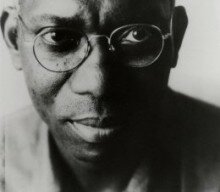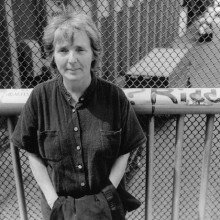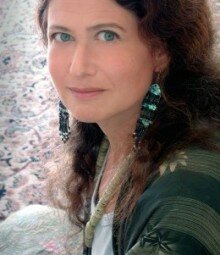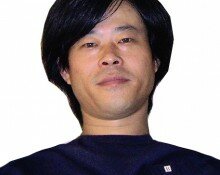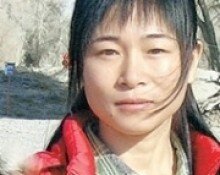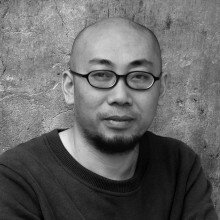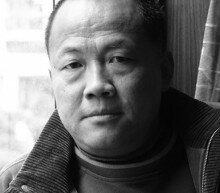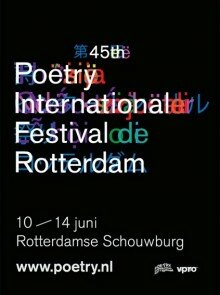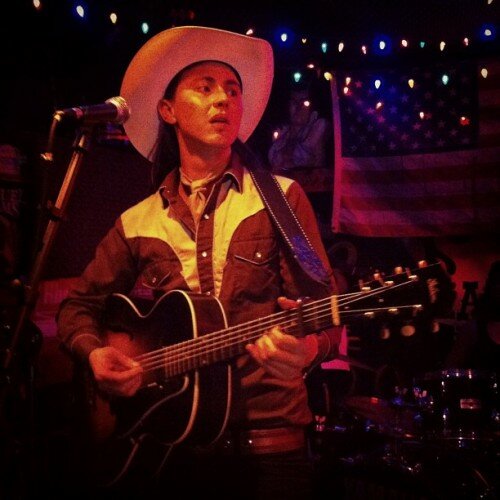Clear and complex
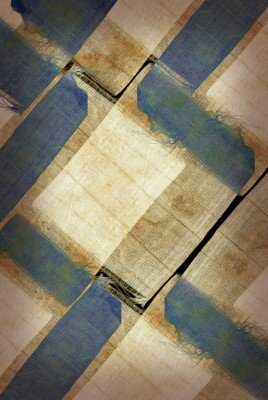
Speech is insufficient to right the wrongs of the world: “Language is caught in the undergrowth of shame” the poet says, and gives everyday examples such as a failed attempt to enter into an agreeable conversation with a shop assistant.
In a poem in her impressive collection, Real, Navit Barel writes: “She said, she’d rather be a complex weave than repetitive and predictable.” As with others in her poems, it is tempting to single out this sentence because of its immediate yet multi-layered quality. Though clear and acute, it still remains somewhat puzzling, demanding interpretation, and setting up a kind of interpretative stage for the reader on which various scenes from life are presented. The wish to belong, for example, rather than to tread a kind of forced circularity may hint at failed relationships and a longing to settle down with a partner, but also the need to stop being philosophical and instead adopt an ordinary, comforting pattern in life. The opening “she’d rather” implies choosing goodness, self-construction, but also weariness or defeat. Many possibilities emerge from this single sentence, whose meaning is nevertheless easy to understand, or at least sense.
The desire to single out lines like this from Barel’s poetry stems not only from their uniqueness, but also from a desire to find a foothold, a lead into the poems. They are not composed of warp and weft, or repeating patterns, but rather multilayered like a skein of wool. It’s easy to lose one’s hands and feet in them, but at the same time they produce a sense of integrity and contiguity – besides their mystery and beauty – which makes one want to tug on the end of the thread and unravel the knot.
Resistance is, however, key to Barel’s poetic project. She appears to be well aware of the struggle between clarity and opacity, but perhaps surprisingly, she does not necessarily favor the latter. Significantly, her ambivalence about language is grounded in moral questioning. In ‘No lottery,’ for example, Barel seems to be inspired by “that same elusive element, a part of every waking thought / distilled from matter and easily articulated in transparent words.” But at the end of the poem, the picture is reversed: “You are dangerous when you are responsible for great secrets on your own . . . the loss impressive. How dense and imposing is the parade he marches in.” Negotiating between the almost mystic transparency of the words and grand, empty rhetoric, stands the most important thing of all which is also “the least thing, the unfamiliar face, your ready victims.”
Human relations somehow fall victim to rhetoric, or at least cannot be formalized in language and Barel alludes to this repeatedly. Speech is insufficient to right the wrongs of the world. “Language is caught in the undergrowth of shame” she says, and gives everyday examples such as a failed attempt to enter into an agreeable conversation with a shop assistant: “I haven’t seen you here for a long time, I say at the counter / and she is standing behind it, as she’s been told to, busying herself back and forth . . . but I’ve seen myself here too long / she echoes back at me.”
[. . .]
Barel’s project is somewhat political, but not only that. She finds it difficult or else avoids speaking directly about her dying father. “If he were deaf, I would call him Daddy,” she writes. [. . .] She wants to go beyond speech, beyond words. “Language will be uprooted. An eye blinded,” she says, in the face of what appear to be his final hours. But Barel writes about her dead father in other terms too, extraordinary words of affection, beyond common speech. “My father and I with the aid of the silent. All the synagogues are against us . . . The memorial candles burn and freeze from a distance. / Not for everyone, But to us they say / a word may be annulled, love cannot be annulled.” She even mentions that she “speaks in the name of the father, words of memory and iniquity.” The iniquity is perhaps, as several poems in the book intimate, Barel’s rejection of religion. [. . .]
Barel’s talent is also evident in language devoid of struggle. She includes powerful descriptions of urban alienation juxtaposed with beautiful lines about Paris, for example, which breathe life into jaded images, as well as commentary on war and television images, society, disappointment and love. Nevertheless, as she repeatedly says, “the bird can sing / but remains silent. People prayed for heavy rain / not for this miserable drizzle.”
How might one release this tension between writing and its impotence? What does poetry do, ultimately? In one of the later poems in the book, Barel retells the biblical story of Saul who went in search of a mule and found a kingdom. “Within you is an upheaval of a sounding harp and drumbeat” she ends the poem: “you are a different man.” The title of the poem is “Also Saul.” As well as whom? Perhaps the poet herself.




